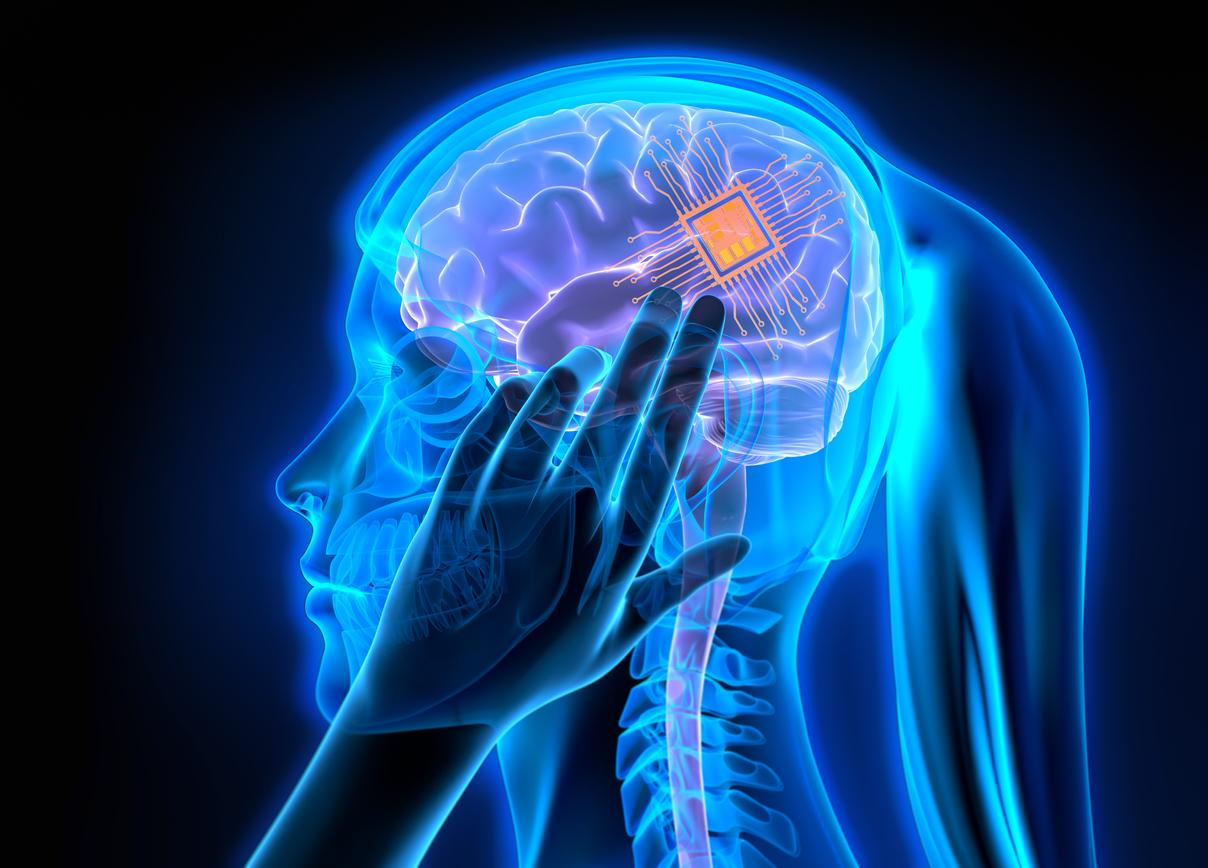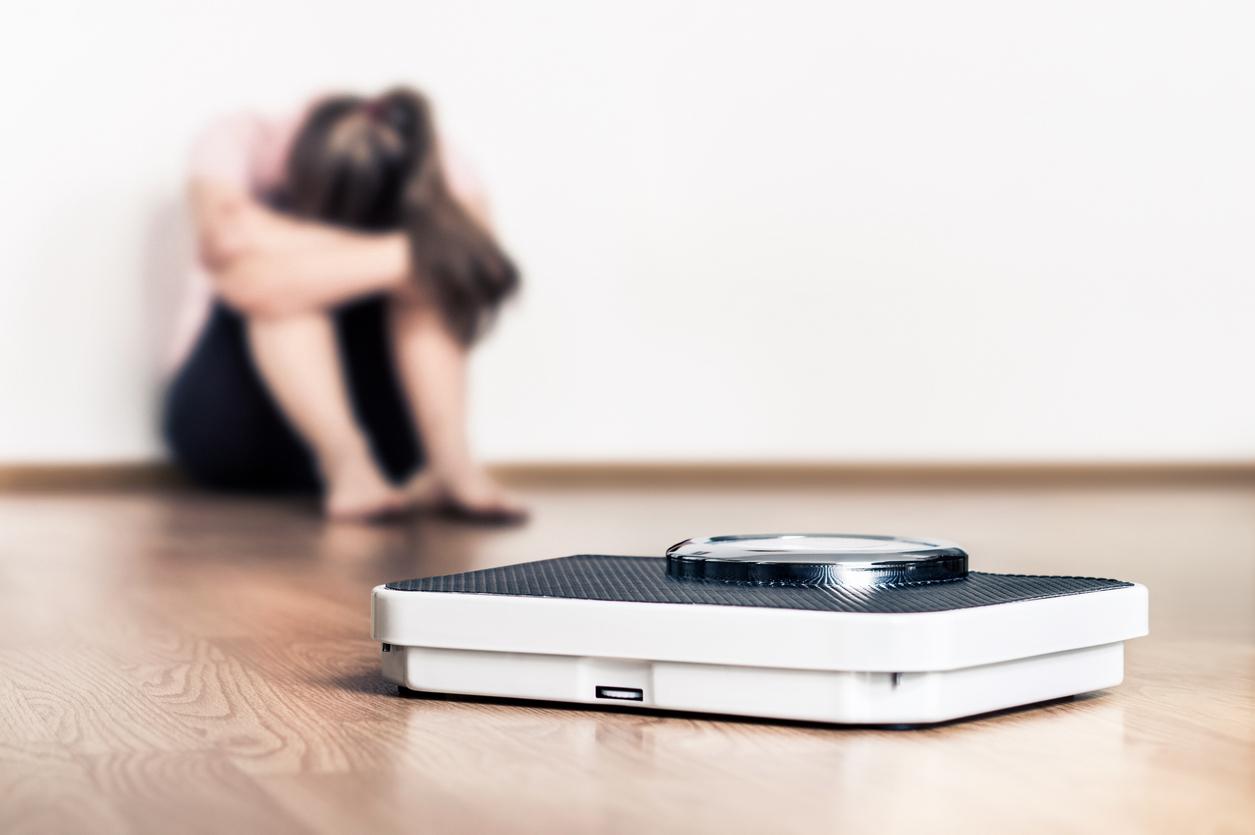The FDA has not given permission to the company Neuralink, owned by Elon Musk, which wants to test brain implants on humans.

- The company Neuralink, of the American billionaire Elon Musk wishes to develop a cerebral implant for the human.
- The goal is to help paralyzed or blind people, but also to facilitate exchanges between the brain and artificial intelligence.
- The FDA refused to test the chip in a human trial.
Elon Musk is stopped in his tracks by the American health authorities. The Food and Drug Administration, in charge of the authorization of new drugs, rejected the request for experimentation of implanting chips in the human brain. With his company Neuralink, the American billionaire is developing smart brain implants. He promises that they will cure paralysis or blindness.
Brain implant: why the FDA opposes it?
The British News Agency Reuters revealed the refusal of the FDA, at the beginning of the year 2022, in an article published on March 2. “The FDA has highlighted dozens of issues the company needs to address before human testing.”, she explains. Three main aspects are of concern to US health authorities: the presence of lithium in the device’s batteries, the possibility that the wires of the implant will move to other brain areas and the risks to brain tissue during implant removal.
Chip in the human brain: what is Elon Musk’s project?
Last November, the American billionaire had yet said that the brain chip would be implanted in humans before May. Its first ambition is to fight against neurodegenerative diseases, to restore sight to blind people and to help paralyzed people regain mobility. Ultimately, he wants these implants to facilitate communication between humans and artificial intelligences.
In tests with monkeys, the chip allowed the animals to play video games with their eyes, just through their movements. According to Neurolink, the implant is able to decipher brain activity and send specific signals to accomplish certain tasks. However, this first experiment on animals raised many criticisms. A committee of American scientists has filed a complaint for animal abuse after discovering that 16 monkeys died in “extreme suffering”. “Neuralink and UC Davis personnel failed to provide the dying monkeys with adequate veterinary care, used an unapproved substance known as “Bioglue” which killed the monkeys by destroying parts of their brains and did not provide psychological care for the welfare of the experiment monkeys, explain these scientists in a communicated. The monkeys used in the experiment were caged alone, had steel poles screwed to their skulls, suffered “facial trauma”, seizures following the brain implants, and recurrent infections at the sites of implantation.”
Brain implants: the excessive ambitions of Neuralink?
This FDA refusal is a new setback for the American billionaire’s start-up. According to experts interviewed by Reuters, the start-up is not yet ready to receive authorization from the US administration. “Neuralink doesn’t seem to have the mindset and experience to bring this to market anytime soon“says Kip Ludwig, former program director of neural engineering at the National Institutes of Health (NIH) in the United States.
Companies licensed to perform human testing typically perform two rounds of testing before releasing the devices. However, this process seems far removed from the functioning of Elon Musk’s society. “Neuralink’s regulatory struggles stem in large part from its culture of setting goals within wildly ambitious deadlines and viewing regulators as roadblocks to innovation, according to more than a dozen current and former employees at the company. business“, observe Reuters. Neuralink was founded in 2016, but as the news agency recalls, other companies that create brain implants have taken several years, even decades, before obtaining FDA authorizations. She cites in particular Medtronicwhich markets an implant to treat Parkinson’s patients.














